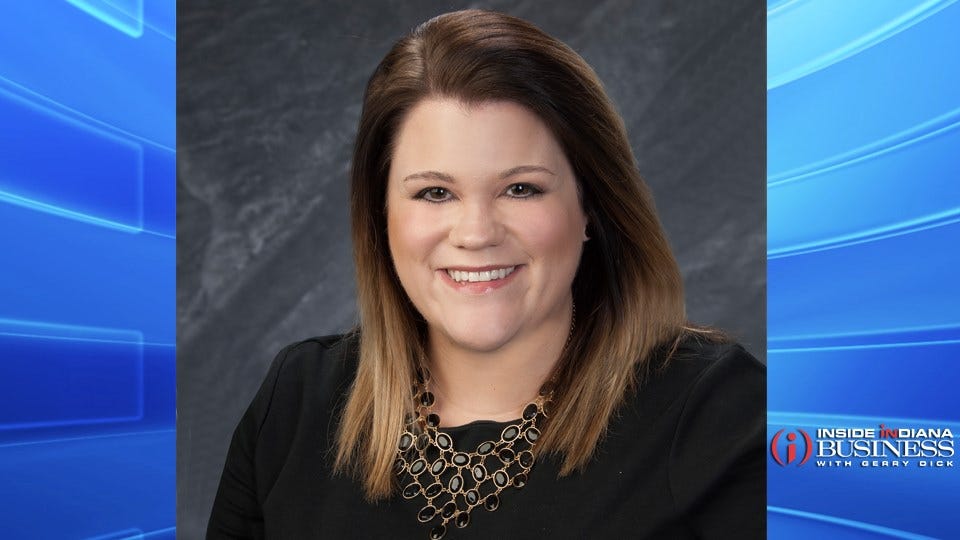Paid Sick Leave: Here to Stay?

Subscriber Benefit
As a subscriber you can listen to articles at work, in the car, or while you work out. Subscribe NowSince the onset of the pandemic, showing up to work with a slightly elevated temperature or that cough you just cannot seem to shake is no longer a sign of unwavering dedication to the job. Indeed, though American culture has long brewed the habit of muscling through that awful head cold, a sneeze in a public place will now likely draw dozens of suspicious stares. And while many not only welcome but expect paid sick leave as part of any employment benefits package, nearly a quarter of private sector employees in March 2020 had no access to any form of paid leave.[1] Couple zero access to paid leave with a job that cannot be performed remotely, and you have quite the conundrum: risk spreading illness among your colleagues and clientele or go a day without pay? For many, the answer is not so simple.
While there have been many attempts to add a paid leave component to the Family and Medical Leave Act (“FMLA”) since its passage in 1993, none have been successful. Enter COVID-19 and a mad dash to save not just the American economy but the workforce that keeps it running. With its passage on March 18, 2020, the Families First Coronavirus Response Act (“FFCRA”) brought with it mandated paid sick leave and a paid leave component of the FMLA, along with a tax credit to make it more palatable for private sector employers covered by the novel legislation.
Long before COVID-19 and the FFCRA were at the forefront of anyone’s mind, however, several cities and states across the nation decided to take the matter of paid leave into their own hands. Take, for example, the city of Los Angeles, California. For nearly four years, Los Angeles employers have had to provide their staff with one hour of paid leave for every 30 hours worked, which paid leave may be used to care for either the employee’s own illness or the illness of a family member. Similarly, Chicago employers must provide their employees with one hour of paid sick leave for every 40 hours worked with a maximum annual accrual of 40 hours, though between 20 and 60 hours may be carried over from one year to the next depending on the circumstances. Employees may use the paid sick leave for a variety of reasons beyond their own illness or need for medical care, including necessary care for ill relatives, work closures due to a public health emergency, and absence as a result of the employee or a family member being a victim of domestic or sexual violence.
By January 1, 2022, all employers in Colorado, regardless of size, will be required to provide employees up to 48 hours of paid sick leave per year—one hour for every 30 hours the employee works. Eligible use of the leave includes the employee’s need to obtain treatment for their own mental or physical health as well as the mental and physical health of family members. Employees may also rely on the leave to recover or assist a family member in recovering from domestic abuse, sexual assault, or harassment.
And in New York, employers must now provide paid sick leave in an amount determined by their size or net income. For example, businesses with at least 100 employees must provide 56 hours of paid leave per year, while businesses with five to 99 employees must only provide 40 hours annually. A business operating with fewer than five employees need only provide 40 hours of unpaid leave unless the business nets at least $1 million per year—then, it must provide the 40 hours as paid leave. Notably, the law gives no regard to the employer’s location, and New York’s approach to coverage is not unique. Several states that require paid leave based on size do not permit the company to exclude from its headcount any employees working outside the state. In other words, New York’s paid leave law covers all employees physically working within the state regardless of whether their employer maintains the majority of its staff, for example, in Texas. Particularly in an era in which many employees are working remotely—and perhaps in a different location than they used to—it is imperative to ensure your business is operating in compliance with all applicable state laws.
While there is currently no permanent federal mandate to provide paid sick leave, more than one dozen states now require some form of paid leave from employers operating within their borders, a trend that shows no signs of slowing. But when the average cost of providing paid sick leave in March 2020 was only 45 cents per employee hour worked, employers may find that a small price to pay if it means workforce preservation and a boost to employee morale.[2] Should you have questions about your business’ obligation to provide paid leave, Ice Miller’s Labor, Employment & Immigration Group is here to help.
This publication is intended for general information purposes only and does not and is not intended to constitute legal advice. The reader should consult with legal counsel to determine how laws or decisions discussed herein apply to the reader’s specific circumstances.
[1] See U.S. Bureau of Labor Statistics, National Compensation Survey, available at: https://www.bls.gov/ncs/ebs /factsheet/paid-sick-leave.htm#ref2.
[2] U.S. Bureau of Labor Statistics, March 2020 Employer Cost for Employee Compensation.
